|
Do you love ginger tea? If not, you should start drinking it today! Ginger tea is a delicious and healthy way to improve your health. It is packed with antioxidants and nutrients that can help boost your immune system, improve digestion, and reduce inflammation. In this blog post, we will discuss the benefits of ginger tea and provide some recipes for you to try! Ginger tea is a type of herbal tea that is made with ginger root. Ginger is a popular spice that has been used for centuries in Asian cuisine. It has a strong, pungent flavor and can be used fresh, dried, or ground. Benefits of Ginger Tea There are many benefits of ginger tea, including the following:
How to Make Ginger Tea? Making ginger tea is easy! Simply add freshly grated ginger root (or ground ginger) to boiling water and let it steep for several minutes. You can also add honey or lemon to ginger tea to enhance the flavor. If you want to try ginger tea, we have some delicious recipes for you to try! Ginger Tea Recipes:
Simply Boil Water and Add Freshly grated ginger root (or ground ginger)
We hope you enjoy these ginger tea recipes! If you have any questions or comments, please feel free to contact us. We would love to hear from you! What is your favorite way to drink ginger tea? Let us know in the comments below! Cheers! :)
0 Comments
Do you know about the benefits of Turmeric herbal tea? This powerful antioxidant has been used for centuries in traditional medicine to treat a variety of conditions. Recently, there has been a lot of research on Turmeric and its health benefits. Some of the most notable include its anti-inflammatory and anti-cancer properties. In this blog post, we will discuss the many benefits of Turmeric tea and how you can make it at home! What is Turmeric Tea? Turmeric tea is made from the dried and powdered root of the Curcuma longa plant. This plant is native to India and has been used in traditional Indian medicine for centuries. Turmeric has a distinct yellow color and a slightly bitter taste. It is often used as a spice in curry dishes. The health benefits of Turmeric are due to its active ingredient, curcumin. Curcumin is a powerful antioxidant that has been shown to reduce inflammation, improve cognitive function, and protect against cancer. Turmeric tea is an easy way to get your daily dose of this powerful nutrient! How to Make Turmeric Tea Making Turmeric tea is easy! Simply add one teaspoon of ground Turmeric to eight ounces of boiling water. Steep for five minutes, then add honey or lemon to taste. You can also add a pinch of black pepper to increase the absorption of the curcumin. Benefits of Turmeric Tea
The curcumin in Turmeric tea is a powerful antioxidant that can help to protect your cells from damage. Antioxidants are important for overall health and can help to reduce the risk of some chronic diseases.
Inflammation is a natural response of the body to injury or infection. However, chronic inflammation can lead to a variety of health problems. Turmeric has been shown to help reduce inflammation throughout the body. This can lead to improved overall health and reduced risk of chronic diseases such as heart disease and arthritis.
Turmeric has been shown to help improve cognitive function and memory. This is likely due to the antioxidant and anti-inflammatory effects of Turmeric. If you are looking for a natural way to boost your brain power, Turmeric tea is a great option!
Turmeric has been shown to have anti-cancer properties. The exact mechanism is not fully understood, but it is thought that the curcumin in Turmeric helps to kill cancer cells and prevent them from spreading. If you are looking for a natural way to reduce your risk of cancer, Turmeric tea is a great option!
Turmeric tea is easy to make at home with just a few simple ingredients. It is a great way to get your daily dose of Turmeric and enjoy the many health benefits that it has to offer! How to Get the Most Benefits from Turmeric Tea To get the most benefits from Turmeric tea, be sure to drink it regularly. You can also increase the amount of Turmeric you use if desired. It is important to note that Turmeric can cause digestive upset in some people, so start with a small amount and increase gradually as needed. If you experience any digestive discomfort, stop drinking Turmeric tea and consult your healthcare provider. Turmeric tea is a delicious and healthy way to get your daily dose of this powerful antioxidant. Try adding Turmeric to your diet today and enjoy the many benefits it has to offer! Do you drink Turmeric tea? What are your favorite ways to enjoy it? Let us know in the comments below! Do you ever feel overwhelmed with stress? If so, you're not alone. Millions of people around the world deal with stress on a daily basis. While there are many ways to deal with stress, one of the best methods is to drink some herbal tea! Herbal teas have been used for centuries to treat all sorts of ailments, including stress and anxiety. In this blog post, we will discuss 11 different herbal teas that can help relieve stress and promote relaxation. So sit back, relax, and enjoy a cup of soothing herbal tea!
1. Chamomile Tea: Chamomile tea is one of the most popular herbal teas for relaxation. This tea is made from the dried flowers of the chamomile plant and has a sweet, floral flavor. Chamomile tea is known for its calming effects and can help to reduce stress and anxiety. 2. Lemon Balm Tea: Lemon balm tea is another great herbal tea for stress relief. This tea is made from the leaves of the lemon balm plant and has a citrusy, lemony flavor. Lemon balm tea is known for its calming effects and can help to reduce stress and anxiety. 3. Valerian Root Tea: Valerian root tea is another great herbal tea for relaxation. This tea is made from the roots of the valerian plant and has a woodsy, earthy flavor. Valerian root tea is known for its calming effects and can help to reduce stress and anxiety. 4. Passionflower Tea: Passionflower tea is another great herbal tea for relaxation. This tea is made from the leaves of the passionflowers plant and has a sweet, floral flavor. Passionflower tea is known for its calming effects and can help to reduce stress and anxiety. 5. Lavender Tea: Lavender tea is another great herbal tea for relaxation. This tea is made from the flowers of the lavender plant and has a sweet, floral flavor. Lavender tea is known for its calming effects and can help to reduce stress and anxiety. 6. Hops Tea: Hops tea is another great herbal tea for relaxation. This tea is made from the flowers of the hop plant and has a bitter, floral flavor. Hops tea is known for its calming effects and can help to reduce stress and anxiety. 7. Skullcap Tea: Skullcap tea is another great herbal tea for relaxation. This tea is made from the leaves of the skullcap plant and has a bitter, earthy flavor. Skullcap tea is known for its calming effects and can help to reduce stress and anxiety. 8. St. John's Wort Tea: St. John's wort tea is another great herbal tea for relaxation. This tea is made from the leaves of the St. John's wort plant and has a bitter, earthy flavor. St. John's wort tea is known for its calming effects and can help to reduce stress and anxiety. 9. Kava Tea: Kava tea is another great herbal tea for relaxation. This tea is made from the roots of the kava plant and has a bitter, earthy flavor. Kava tea is known for its calming effects and can help to reduce stress and anxiety. 10. Ginseng Tea: Ginseng tea is another great herbal tea for relaxation. This tea is made from the roots of the ginseng plant and has a sweet, earthy flavor. Ginseng tea is known for its calming effects and can help to reduce stress and anxiety. 11. Linden Tea: Linden tea is another great herbal tea for relaxation. This tea is made from the flowers of the linden tree and has a sweet, floral flavor. Linden tea is known for its calming effects and can help to reduce stress and anxiety. So there you have it! 11 different herbal teas that can help relieve stress and promote relaxation. Give one (or all!) of these teas a try next time you're feeling stressed out. And don't forget to relax and enjoy! Do you have a favorite herbal tea for relaxation? Let us know in the comments below! Herbs have been used for centuries to improve health and wellness. In fact, many of today's pharmaceuticals are derived from herbs. There are many different herbs that can be beneficial for your health, and in this blog post, we will discuss 10 of them. Herbs can help boost your immune system, improve digestion, and promote overall health and well-being. If you're looking to improve your health, adding some herbs to your diet is a great way to do it! Some of the most popular herbs that are used for health and wellness include:
Ginseng is a well-known herb that has been used for centuries to improve health. It is commonly used to boost energy levels, improve mental function, and help fight off illness.
Garlic is another popular herb that has many health benefits. It can help boost your immune system, lower cholesterol levels, and reduce inflammation.
Ginger is a versatile herb that can be used to treat a variety of ailments. It is commonly used to relieve nausea, pain, and inflammation.
Turmeric is a powerful anti-inflammatory herb that has been shown to be beneficial for a variety of conditions.
Echinacea is an herb that is commonly used to boost the immune system and fight off infection.
Green tea is rich in antioxidants and has many health benefits. It can help boost your metabolism, lower cholesterol levels, and improve brain function.
Ginkgo biloba is an herb that has been shown to improve cognitive function and circulation.
St. John's wort is an herb that has been traditionally used for centuries to treat depression and anxiety.
Valerian is an herb that has been used to treat insomnia and anxiety.
Chamomile is an herb that has been used for centuries to promote relaxation and sleep. Herbs can be used in many different ways to improve health. They can be consumed in pill form, made into teas, or eaten fresh. Adding herbs to your diet is a great way to boost your health and wellness! What are some of your favorite herbs? Let us know in the comments below!
Thanks for reading! If you enjoyed this blog post, please share it with your friends! Herbs are a great way to boost your health and well-being, so be sure to try some of them out! Until next time, stay healthy and happy! :) Did you find this blog post helpful? We'd love to hear from you! Leave us a comment below or share this blog post with your friends! Herbal tea is a type of tea that is made from herbs. Unlike black and green teas, herbal tea does not come from the Camellia sinensis plant. Instead, it is brewed from a variety of different plants. There are many different types of herbal tea, each with its own unique flavor and health benefits. In this blog post, we will explore the different types of herbal tea and discuss their health benefits.
Chamomile tea has a sweet, flowery flavor and is known for its calming effects. Chamomile tea can help to reduce anxiety and promote relaxation. Chamomile tea is also a good choice for people who are trying to cut down on their caffeine intake. Health benefits: Chamomile tea is rich in antioxidants and has anti-inflammatory properties. It can also help to improve digestion and reduce stress levels. Brewing Instructions: To brew chamomile tea, add one teaspoon of dried chamomile flowers to a cup of boiling water. Steep for five minutes, then strain and enjoy. Warning: People who are allergic to ragweed should avoid chamomile tea.
Ginger tea has a spicy, earthy flavor and is known for its digestive benefits. Ginger tea can help to relieve nausea and bloating. Health benefits: Ginger tea is rich in antioxidants and has anti-inflammatory properties. It can also help to improve digestion and reduce stress levels. Brewing Instructions: To brew ginger tea, add one teaspoon of grated ginger root to a cup of boiling water. Steep for five minutes, then strain and enjoy. Warning: People who are pregnant or breastfeeding should avoid drinking ginger tea in large quantities due to its potential effects on the fetus or infant.
Rosehip tea has a tart, fruity flavor and is rich in vitamins and minerals. Rosehip tea can help to boost the immune system and promote healthy skin. Health benefits: Rosehip tea is rich in antioxidants and has anti-inflammatory properties. It can also help to improve digestion and reduce stress levels. Brewing Instructions: To brew rosehip tea, add one teaspoon of dried rosehips to a cup of boiling water. Steep for five minutes, then strain and enjoy. Warning: People who are allergic to roses should avoid drinking rosehip tea.
Lemon balm tea has a refreshing, citrusy flavor and is known for its calming effects. Lemon balm tea can help to reduce anxiety and promote relaxation. Health benefits: Lemon balm tea is rich in antioxidants and has anti-inflammatory properties. It can also help to improve digestion and reduce stress levels. Brewing Instructions: To brew lemon balm tea, add one teaspoon of dried lemon balm leaves to a cup of boiling water. Steep for five minutes, then strain and enjoy. Warning: People who are pregnant or breastfeeding should avoid drinking lemon balm tea in large quantities due to its potential effects on the fetus or infant.
Peppermint tea has a refreshing, minty flavor and is known for its digestive benefits. Peppermint tea can help to relieve nausea and bloating. Health benefits: Peppermint tea is rich in antioxidants and has anti-inflammatory properties. It can also help to improve digestion and reduce stress levels. Brewing Instructions: To brew peppermint tea, add one teaspoon of dried peppermint leaves to a cup of boiling water. Steep for five minutes, then strain and enjoy. Warning: People who are pregnant or breastfeeding should avoid drinking peppermint tea in large quantities due to its potential effects on the fetus or infant.
Hibiscus tea has a tart, floral flavor and is known for its health benefits. Hibiscus tea can help to lower blood pressure and improve circulation. Health benefits: Hibiscus tea is rich in antioxidants and has anti-inflammatory properties. It can also help to improve digestion and reduce stress levels. Brewing Instructions: To brew hibiscus tea, add one teaspoon of dried hibiscus flowers to a cup of boiling water. Steep for five minutes, then strain and enjoy. Warning: People who are pregnant or breastfeeding should avoid drinking hibiscus tea in large quantities due to its potential effects on the fetus or infant. These are just a few of the many different types of herbal tea that are available. Herbal tea is a great way to enjoy a delicious and healthy beverage. Try experimenting with different herbs and flavors to find your perfect cup of tea!
What is your favorite type of herbal tea? Let us know in the comments below! Herbal tea is a type of tea that is made from plants other than the Camellia sinensis plant. This means that herbal teas are not true teas, but rather tisanes. Herbal teas offer a variety of health benefits, which is why they have become so popular in recent years. In this blog post, we will discuss the 11 benefits of drinking herbal tea! 1. Herbal tea has been shown to improve digestion. This is because herbal teas can help increase the production of digestive enzymes. Herbal tea can also help relieve constipation and bloating. 2. Herbal tea can also help boost your immune system. This is because herbal teas contain antioxidants, which can help fight off free radicals that can damage cells. Herbal tea can also help reduce inflammation, which can lead to a stronger immune system. 3. Herbal tea has also been shown to improve heart health. This is because herbal teas can help lower cholesterol levels and blood pressure. Herbal tea can also improve circulation and prevent blood clots. 4. Herbal tea can also aid in weight loss. This is because herbal teas can help increase metabolism and reduce appetite. Herbal tea can also help burn fat and boost energy levels. 5. Herbal tea can also help improve skin health. This is because herbal teas can help increase collagen production and reduce inflammation. Herbal tea can also help reduce the appearance of wrinkles and fine lines. 6. Herbal tea can also help improve brain health. This is because herbal teas can help improve blood flow to the brain and reduce inflammation. Herbal tea can also help protect neurons and improve cognitive function. 7. Herbal tea can also help reduce stress levels. This is because herbal teas contain compounds that can help relax the mind and body. Herbal tea can also help improve sleep quality. 8. Herbal tea can also help increase energy levels. This is because herbal teas can help improve circulation and oxygenation of the blood. Herbal tea can also help reduce fatigue and improve stamina. 9. Herbal tea can also help improve bone health. This is because herbal teas can help increase calcium absorption and reduce inflammation. Herbal tea can also help prevent osteoporosis and improve bone density. 10. Herbal tea can also help improve respiratory health. This is because herbal teas can help clear congestion and reduce inflammation. Herbal tea can also help soothe sore throats and relieve coughs. 11. Herbal tea can also help improve sexual health. This is because herbal teas can help increase libido and improve sexual function. Herbal tea can also help reduce stress and anxiety levels, which can lead to a more enjoyable sexual experience. Herbal teas offer a variety of health benefits that have been backed by science. If you are looking for a healthy beverage option, consider drinking herbal tea! Please note: This blog post is for informational purposes only and does not constitute medical advice. If you have any concerns or questions about your health, please consult a medical professional. herbal tea can be a great addition to a healthy lifestyle, but it is not a substitute for medical care. herbal tea has many benefits that are backed by science, but it is important to remember that herbal tea is not a miracle cure. If you are experiencing serious medical symptoms, please seek immediate medical attention. herbal tea can be a great addition to your diet and lifestyle, but it is not a replacement for medical care. Always consult with your doctor before making any changes to your diet or lifestyle. Herbal tea has been part of our culture for thousands of years. The benefits of drinking this plant-based drink are too numerous to count. Emerging research continues to suggest that we need more than ever before to support our health and wellness practices. Herbal teas offer several benefits that make them an excellent choice for a healthy lifestyle. To learn more about the health benefits and potential downsides of herbal tea, read on! What is an herbal tea? Most herbal teas are made from a combination of the tea plant, some other plants and a few minerals. Herbal teas are not standardized and may contain a wide range of ingredients. The ingredients can vary greatly depending on the specific herbal tea you purchase. They are traditionally made by steeping a variety of different plants, often with a flavoring agent. The human body is able to thrive on plants and herbs, and there are many health benefits to be gained from this. The ability for plants to produce chemicals that have impacts on the human body is a huge step forward in the study of plant-based nutrition. Health Benefits of Herbal Tea Below are some of the health benefits associated with herbal tea.
Potential Downsides of Herbal Tea Despite the wide variety of herbal tea ingredients, they all have one thing in common: they support health. Below are some of the potential downsides of herbal tea.
How to Make Healthy Herbal Drinks For a healthy lifestyle, it is important to drink herbal tea when you’re able to drink it. If you’re not able to drink as much herbal tea as you would like, you can simply add extra leaves to your next batch. You can also purchase loose-leaf teas and infuse them at home. To make your own herbal tea, you will need:
Aids in the maintenance of a healthy body. It provides a variety of nutrients and benefits to the body. It can also help in the treatment of various diseases. It is important to note that while herbal tea has many health benefits, it is not a magic bullet and should not be used as a replacement for a balanced diet. There are many advantages of drinking herbal tea. Many people find it easy to drink and there are few side effects. The only downside is that you have to make sure you are drinking the right type of herbal tea.
|
Welcome!Thank you to all our Writers and Bloggers who shares their expertise, ideas and research work! Read More
All
|
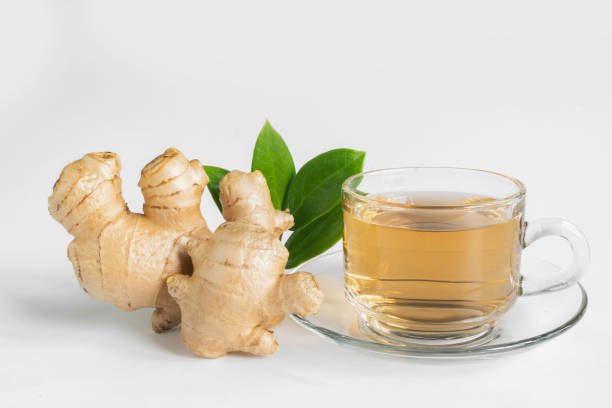
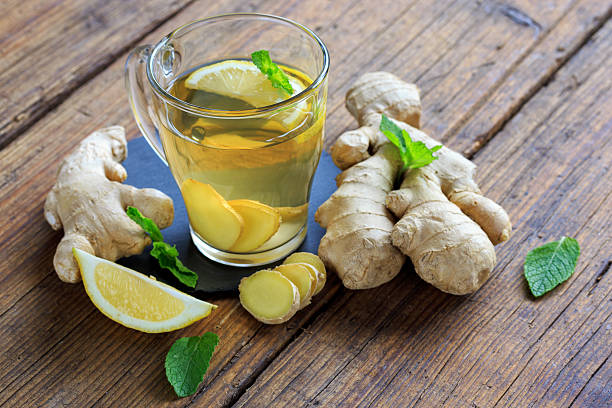
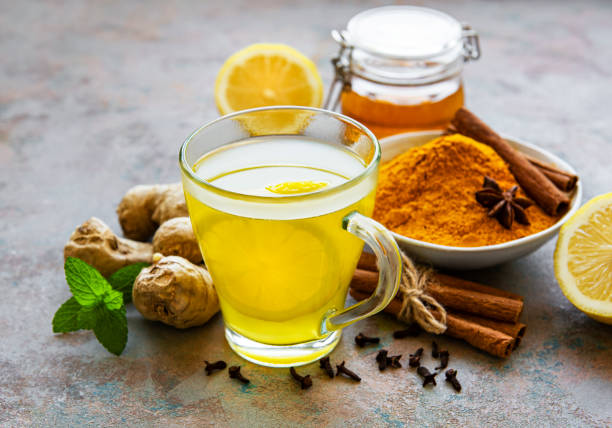
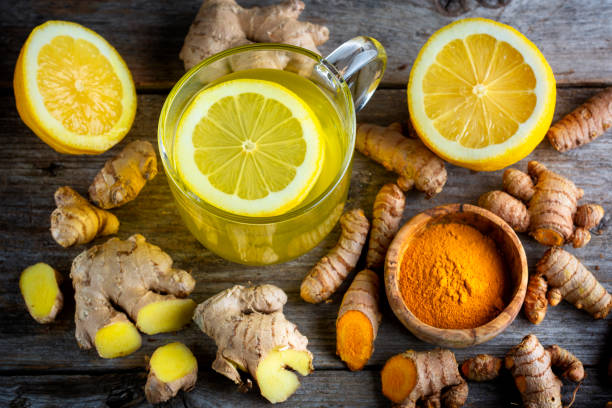

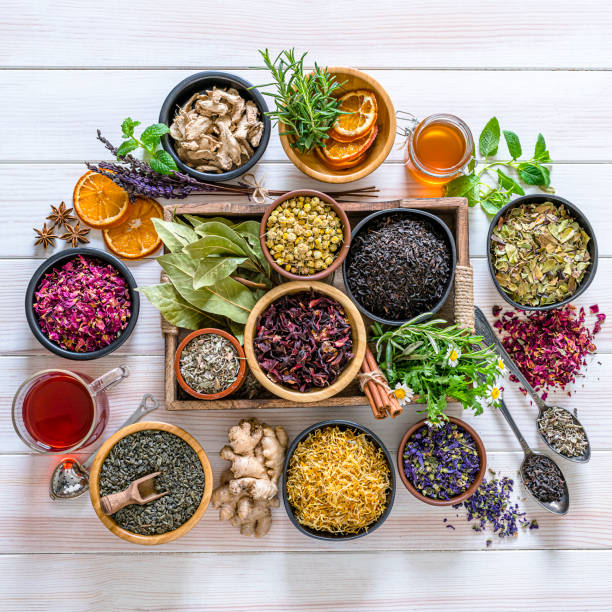
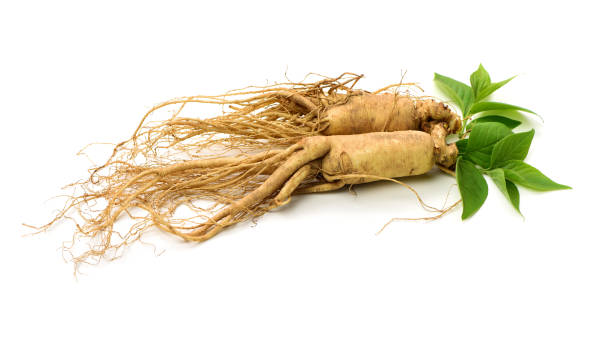
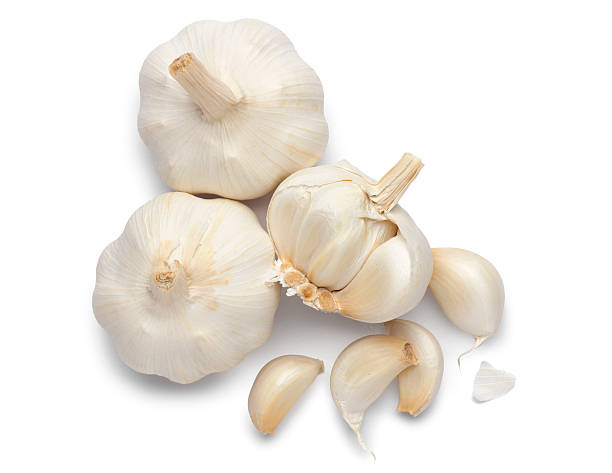
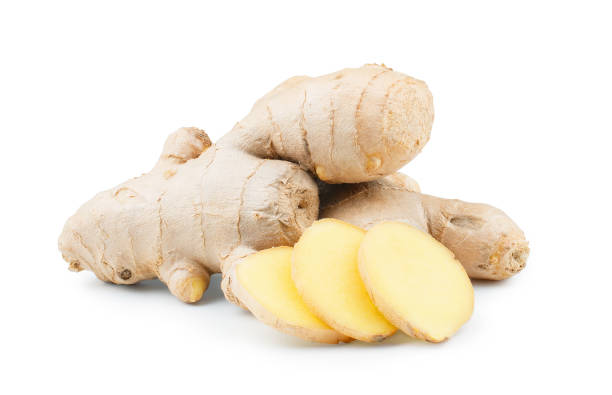
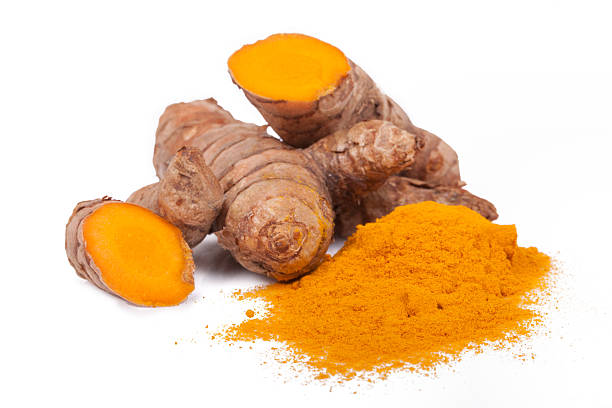
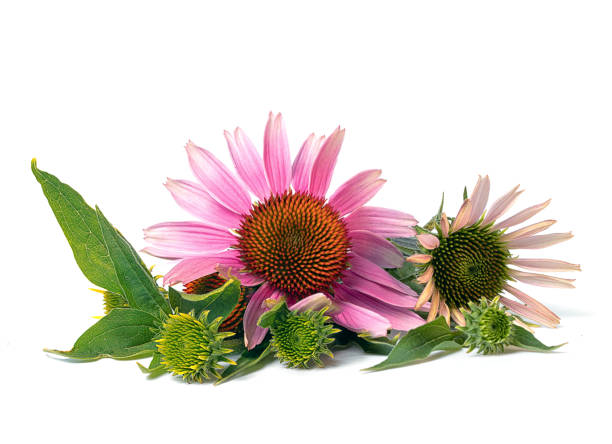
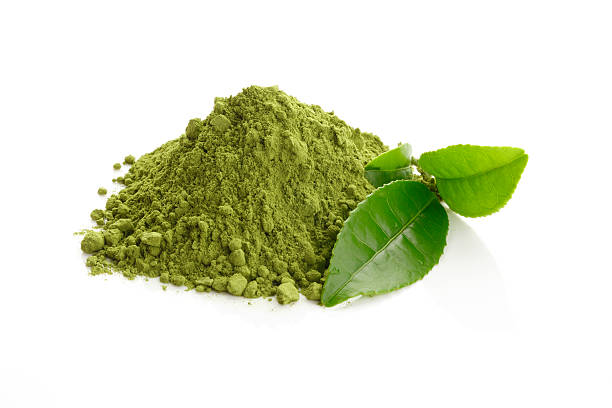
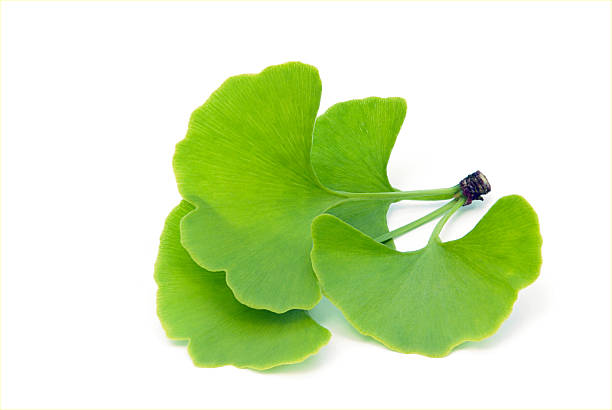
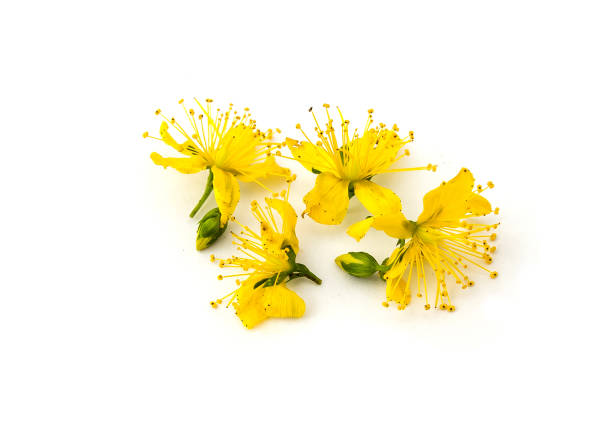
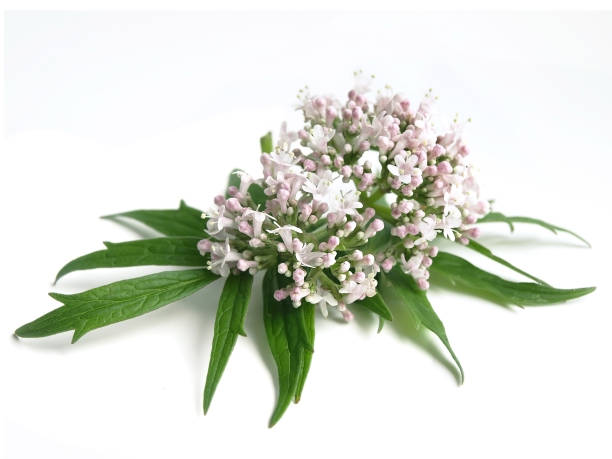
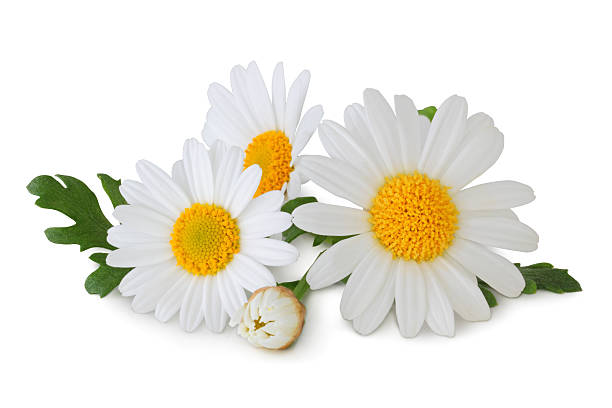

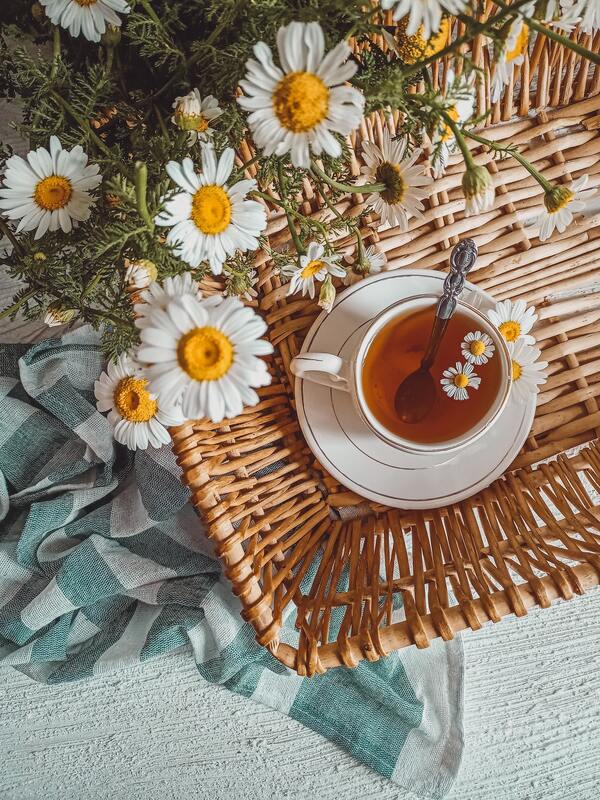
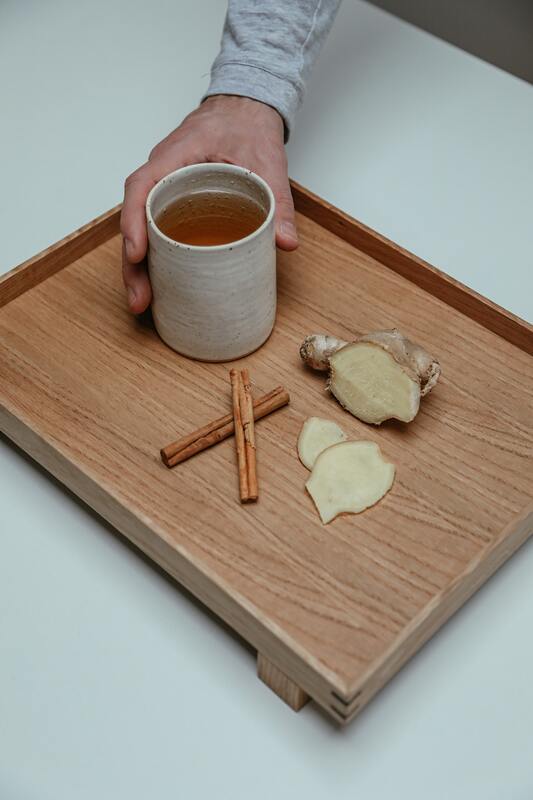
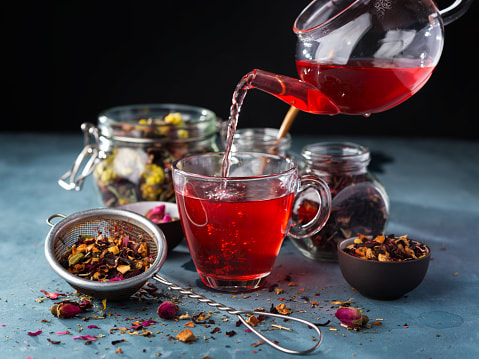
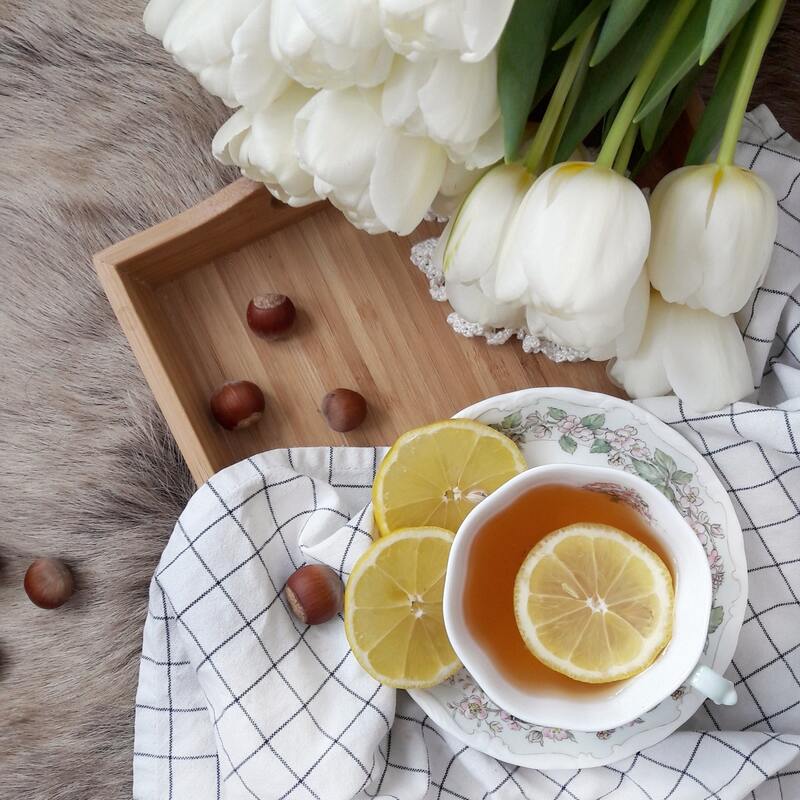
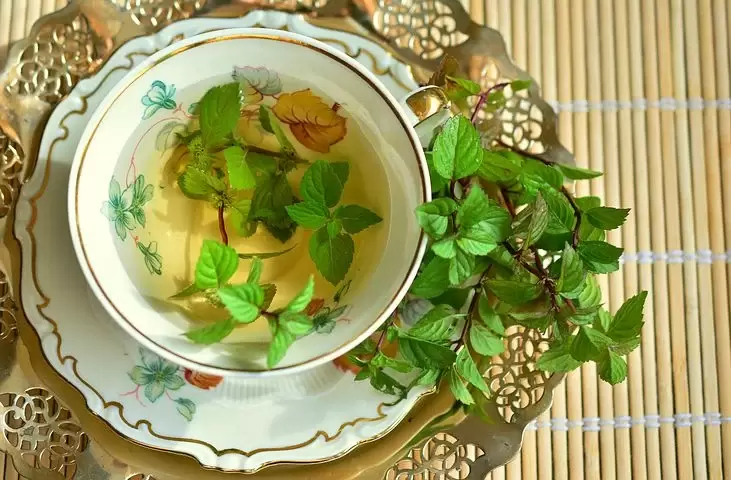
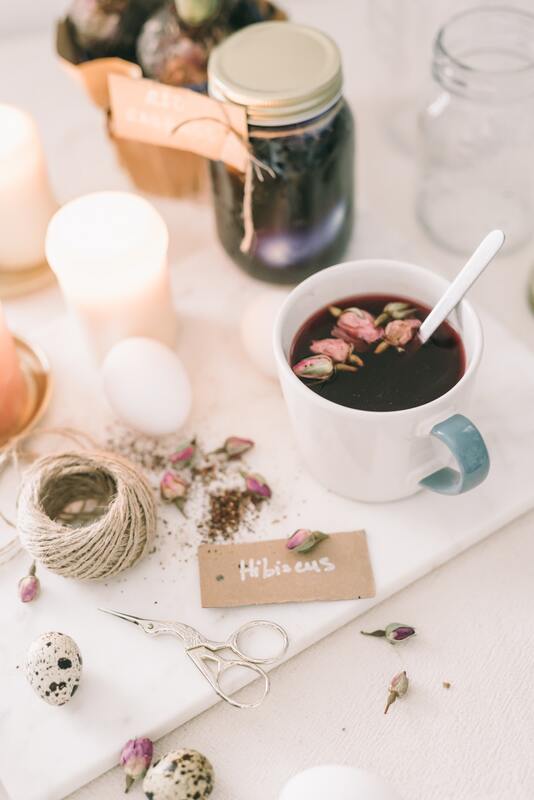
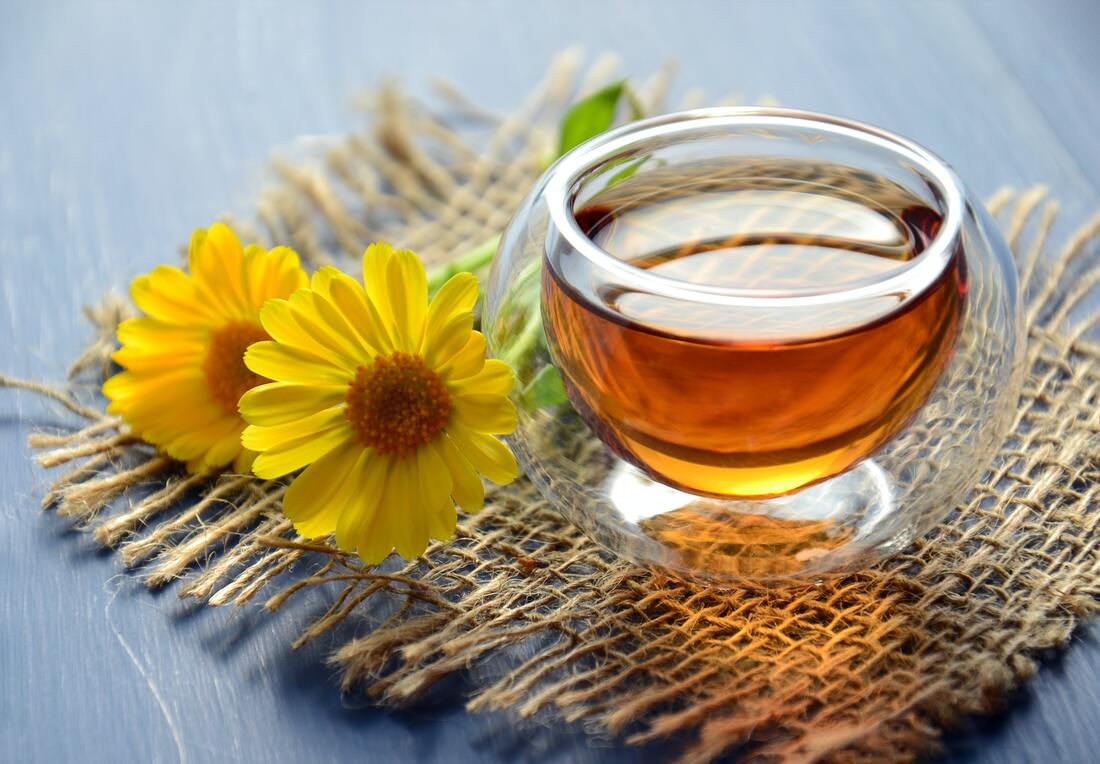

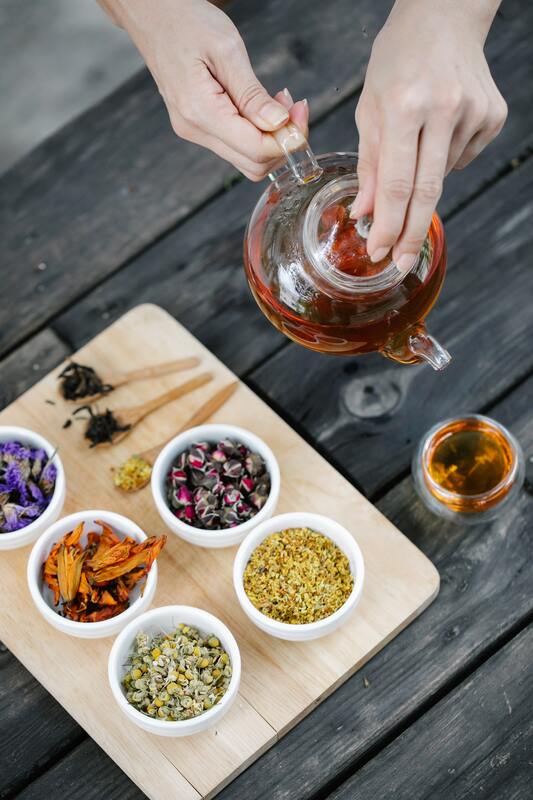

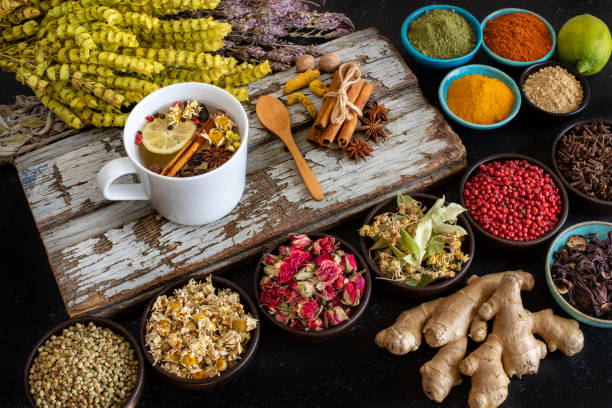
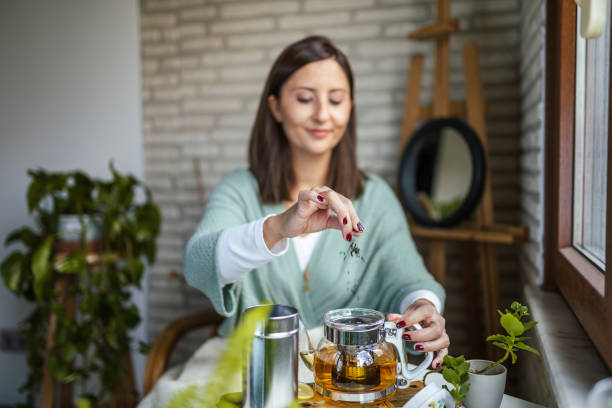
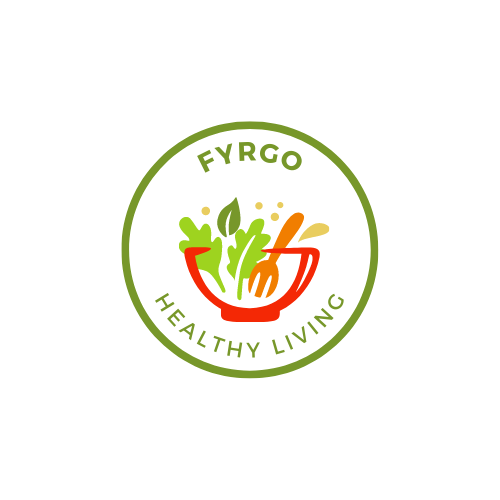
 RSS Feed
RSS Feed